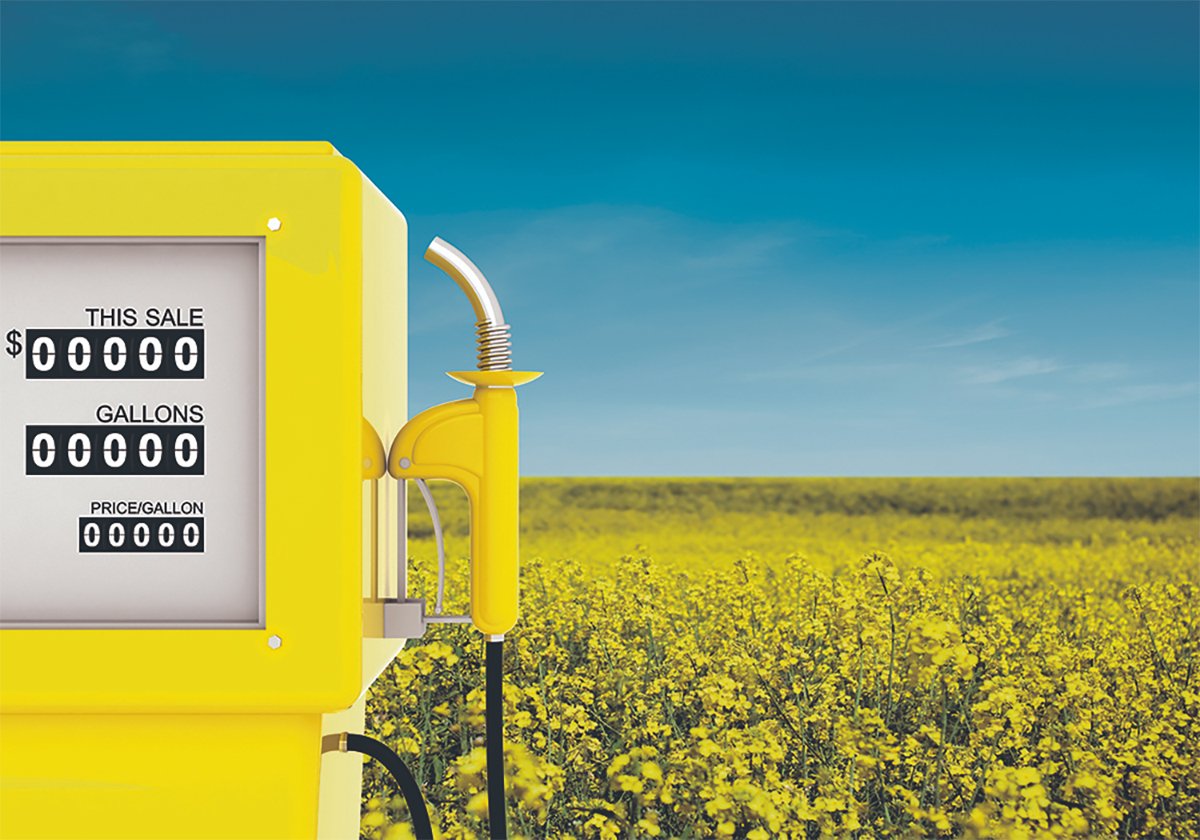As soon-to-be vodka bubbled and steamed and dripped in front of me, I thought: “This is a problem that can be solved.”
Regardless of the nature of the federal government that will be elected next week, there are piles of farm, agriculture and food issues that it can deal with — if it cares enough to prioritize them.
The vodka that was being made in front of me at the Patent 5 distillery in Winnipeg will be taxed at $3.81 per 750 millilitre of alcohol. Yet a microbrewer will only pay two cents per litre in excise taxes for making the same amount of alcohol.
Read Also

Biofuel sector happy with federal budget
Advanced Biofuels Canada says new Biofuel Production Incentive is a lifeline until CFR amendments are in place.
Distillers in the United States, by comparison, pay less than one-seventh the amount their Canadian competitors pay.
On the face of it, that seems unfair. But more importantly, the high taxes make up the second greatest cost of production for distillers, Patent 5’s owner told me, and that is suppressing the growth of the micro distilling industry. It pushes the price of a bottle of vodka, gin or whisky that much higher and makes it that much less attractive for the consumer to try.
That results in fewer distillers and an industry that isn’t growing anywhere near the incredible rate of the microbrewers. The microbrewers have been an incredible success story, not only supplanting much imported beer, but doing it with barley-based malt, keeping alive what had been a shrinking market for prairie farmers. Microbrewers show what can be achieved.
Meanwhile, workers are labouring in the microbrewing and micro distilling industries, and the spinoffs go beyond direct employment.
On the day I visited Patent 5, a truck was picking up the mashed grains used for the vodka to haul to a nearby hog barn to be used as feed. Encouraging this industry seems to be an easy win for the economy, both rural and urban.
Perhaps there are complications around excise taxes and distilled spirits. I don’t know. But it seems to me that any government of any political stripe could take a look at this and find a pragmatic solution, and opposition parties could be brought on side to support that.
It’s just an example of what the next government — Liberal, Conservative, Liberal-NDP, Conservative-NDP, Green-Bloc, whatever — could deal with in the Parliament that arises after Sept. 20.
There are many issues like this, where there is much consensus about what needs to be done to fix, update or overhaul various matters that are a big deal to farmers, agriculture and the food industry.
But the government will need to be committed to getting these things done.
So will the opposition parties. Agricultural issues can’t afford to be pushed down to the bottom of the government agenda.
In recent years, we’ve seen farm issues back-burnered far too many times. A new government might not feel like tackling divisive, politically expensive issues, but there are numerous problems in food and ag that could be dealt with quickly and bloodlessly if they become a legislative priority.
There’s the challenge for farm groups: once the dust settles from this federal election, get going on getting things done. Maybe focus on the simple things that can get done.
If Sept. 21 sees us still with a minority government of some sort, minor achievements are probably all we can hope for. But we need those minor achievements to happen.
Enough small successes could give us the peace, order and good government that our constitution tells us we deserve, no matter who’s in charge.
















